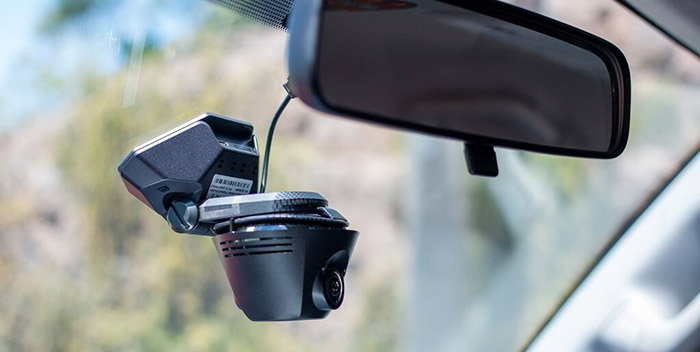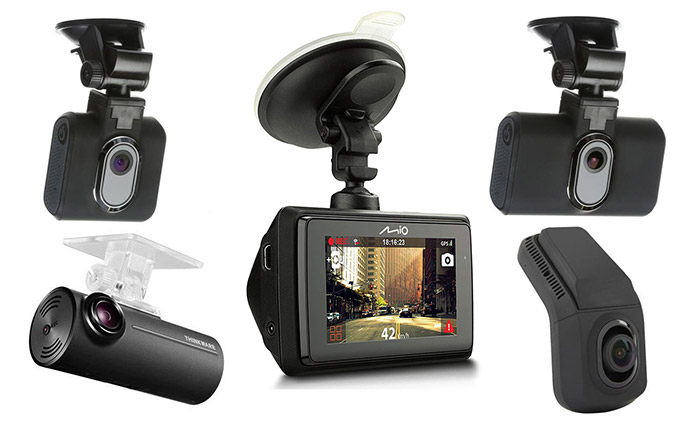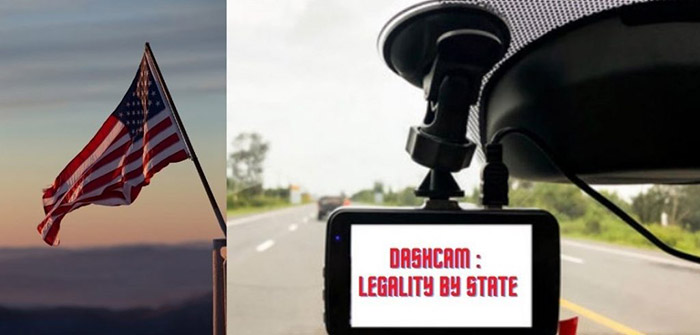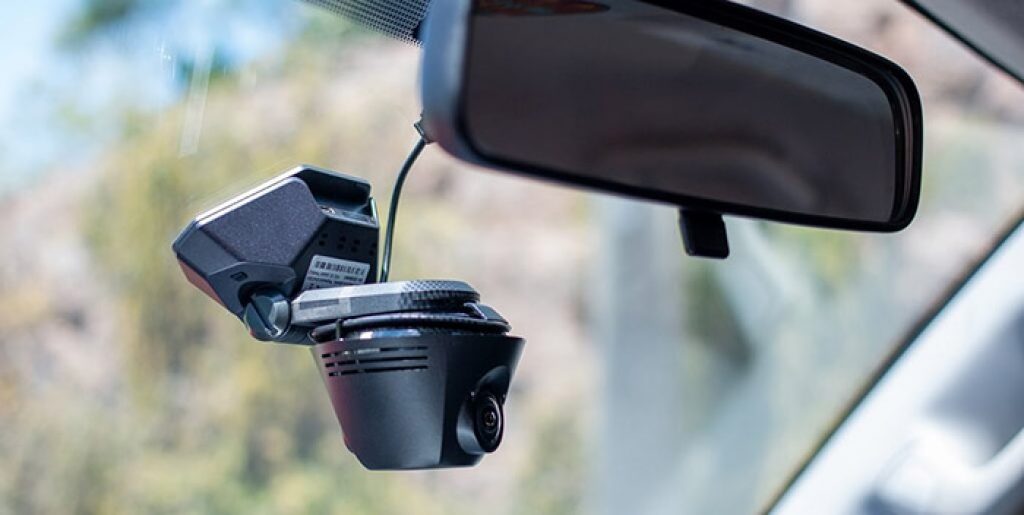As more and more drivers are turning to dash cams for added protection on the road, the question of their legality is becoming more and more common. While dash cams are legal in most states, there are some states that have specific laws and regulations in place that drivers need to be aware of before installing and using a dash cam. In this article, we’ll discuss the legality of using a dash cam in your state and what you need to know to stay on the right side of the law.
Understanding Dash Cams
Before we dive into the legalities of using a dash cam, let’s first discuss what they are and how they work. A dash cam, short for dashboard camera, is a small video camera that is typically mounted on the dashboard or windshield of a vehicle. It records video footage of the road ahead while you’re driving and can be a valuable tool in providing evidence in the event of an accident or other incident.

How Dash Cams Work
Most dash cams are powered by the vehicle’s cigarette lighter or USB port and turn on automatically when you start the car. They record video footage onto a memory card, which can be easily removed and played back on a computer or other device. Many dash cams also have additional features, such as GPS tracking, motion detection, and night vision.
Legal Considerations
While dash cams are legal in most states, there are some states that have specific laws and regulations in place that drivers need to be aware of. Here are some of the legal considerations you should keep in mind before using a dash cam:
Privacy Laws
One of the biggest concerns with dash cams is privacy. While it’s legal to record video footage in a public place, there are some states that have laws in place that restrict the recording of audio without consent. If your dash cam records audio along with video footage, you’ll need to make sure you’re in compliance with any applicable privacy laws.

Windshield Obstruction Laws
Another concern with dash cams is whether or not they obstruct your view of the road. Some states have laws in place that prohibit any objects from being placed on the windshield that could obstruct the driver’s view. If your dash cam is mounted on the windshield, make sure it’s not blocking your view in any way.
Two-Party Consent Laws
In some states, it’s illegal to record a conversation without the consent of all parties involved. If your dash cam records audio, make sure you’re in compliance with any two-party consent laws that may apply in your state.

State-Specific Laws
In addition to these general legal considerations, there are also some states that have specific laws and regulations in place that drivers need to be aware of. Here’s a breakdown of some of the state-specific laws you should know about:
California
In California, it’s legal to use a dash cam as long as it’s not obstructing your view of the road. However, if your dash cam records audio, you’ll need to make sure you’re in compliance with the state’s two-party consent laws.

Texas
In Texas, dash cams are legal but cannot be used to record audio without the consent of all parties involved.
Florida
In Florida, dash cams are legal but cannot be mounted in a way that obstructs the driver’s view of the road.
Illinois
In Illinois, it’s legal to use a dash cam as long as it’s not obstructing your view of the road. However, if your dash cam records audio, you’ll need to make sure you’re in compliance with the state’s two-party consent laws.
Conclusion
While dash cams are legal in most states, there are some legal considerations you should keep in mind before using one. Make sure you’re aware of any privacy laws, windshield obstruction laws, and two-party consent laws that may apply in your state. Additionally, be sure to follow any specific laws or regulations that may be in place in your state.
Dash cams can be a valuable tool for providing evidence in the event of an accident or other incident on the road. However, it’s important to use them responsibly and in compliance with the law to avoid any legal issues.
FAQs
[wpsm_accordion][wpsm_accordion_section title=”Is it legal to use a dash cam in all states?“]Most states allow the use of dash cams, but some have specific laws and regulations in place that drivers need to be aware of. Check with your state’s DMV or law enforcement agency for specific guidelines.[/wpsm_accordion_section][wpsm_accordion_section title=”Do I need to obtain consent to use a dash cam?“]In some states, you may need to obtain consent from all parties involved if your dash cam records audio. Check your state’s two-party consent laws to determine if this applies to you.[/wpsm_accordion_section][wpsm_accordion_section title=”Can I use a dash cam to record inside my car?“]Yes, you can use a dash cam to record inside your car as long as you’re not violating any privacy laws.[/wpsm_accordion_section][wpsm_accordion_section title=”Can I use a dash cam as evidence in court?“]Yes, dash cam footage can be used as evidence in court, but it’s important to make sure you’re following any applicable laws and regulations when recording.[/wpsm_accordion_section][wpsm_accordion_section title=”Are there any insurance discounts for using a dash cam?“]Some insurance companies offer discounts for drivers who use dash cams, as they can provide valuable evidence in the event of an accident. Check with your insurance provider to see if they offer any discounts.[/wpsm_accordion_section][/wpsm_accordion]



